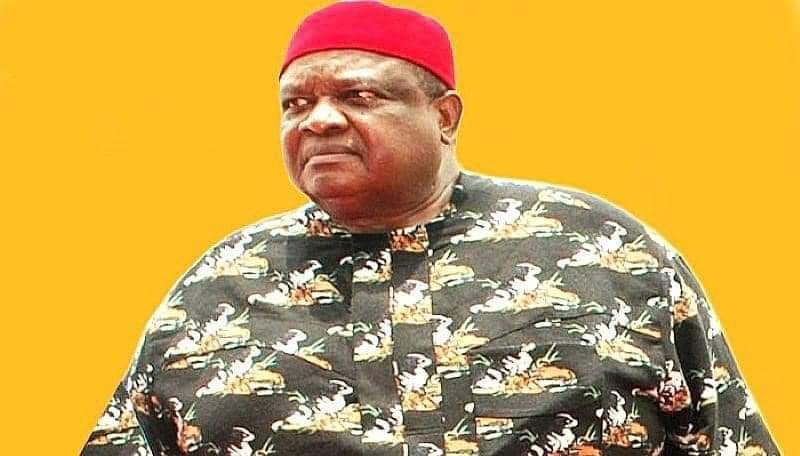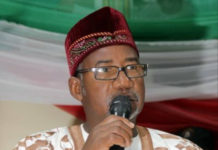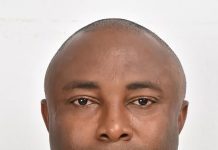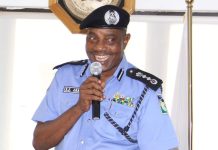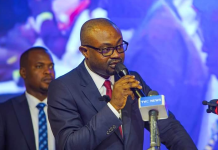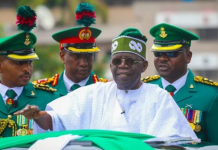Emmanuel Iwuanyanwu, the chairman of Ohanaeze Ndigbo Worldwide, did not refer to Nigerians of Yoruba extraction as political rascals, the socio-cultural association has clarified.
Mr Iwuanyanwu, while speaking in Awka, Anambra State capital, during an event to mark Governor Charles Soludo’s one year in office at the weekend, had described attackers of Nigerians of Igbo extraction resident in Lagos State during the concluded general elections as political rascals.
Afenifere, a socio-cultural organisation in the South-West, urged the Ohanaeze Chief not to insult the Yoruba race and sought clarification.
However, in a statement by Alex Ogbonnia, Ohanaeze national publicity secretary, the association explained that the remarks of its chieftain, described as a detribalised Nigerian, were twisted.
“I want to tell those in Lagos to realise that there is no war between us and the Yoruba. Those who attacked Ndigbo in Lagos recently are rascals who should be arrested,” Mr Ogbonna said. “This has mischievously been twisted to imply that ‘Yoruba people are political rascals and that we will fight them’. This is quite from the insidious minds of those who wish to create a rift between the Igbo and the Yoruba ethnicities.
“At no time in history, has there is often a tug of war between two major groups; mostly the good people with conscience on one hand and the devious insidious minds on the other.
“So, as much as some mischief makers will twist the speech by Iwuanyanwu, the truth remains that he holds the Yorubas in a very high esteem and he used the Awka event to express it.
“It is important to highlight that Chief Iwuanyanwu is a renowned patriotic detribalized Nigerian who has enjoyed the fidelity, confidence, solidarity, and support of the Yoruba when he was in active business and politics.
“Iwuanyanwu in all his private and public discussions has often commended the profound Yoruba cultural values, intellect, and hospitality. He applauds the cordial relationship between the Igbo and the Yoruba, citing that several Igbo are integral parts of various Yoruba communities.”

